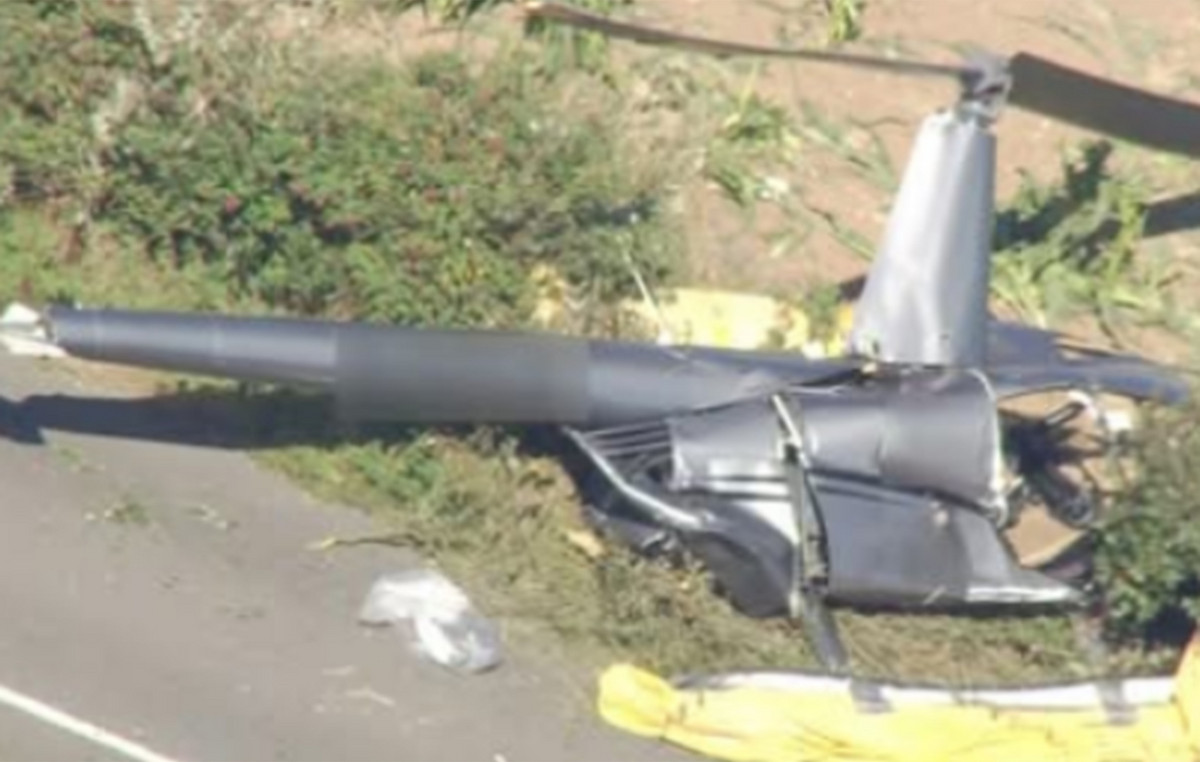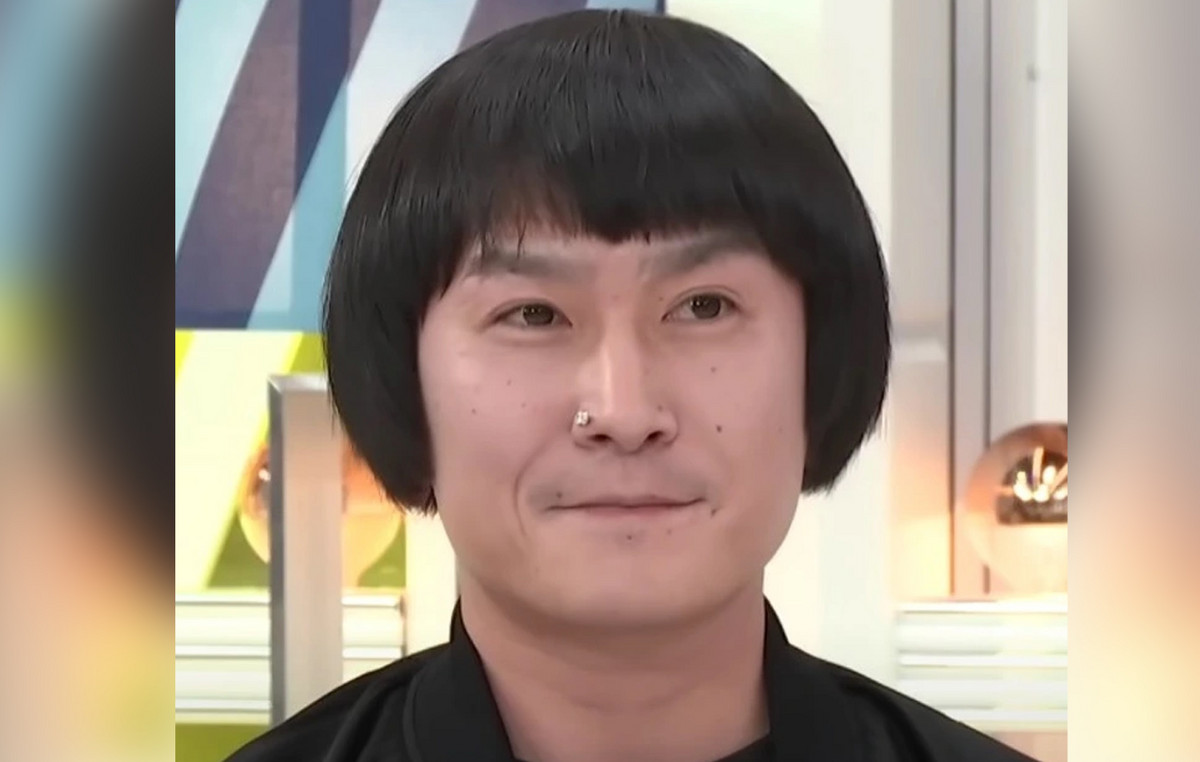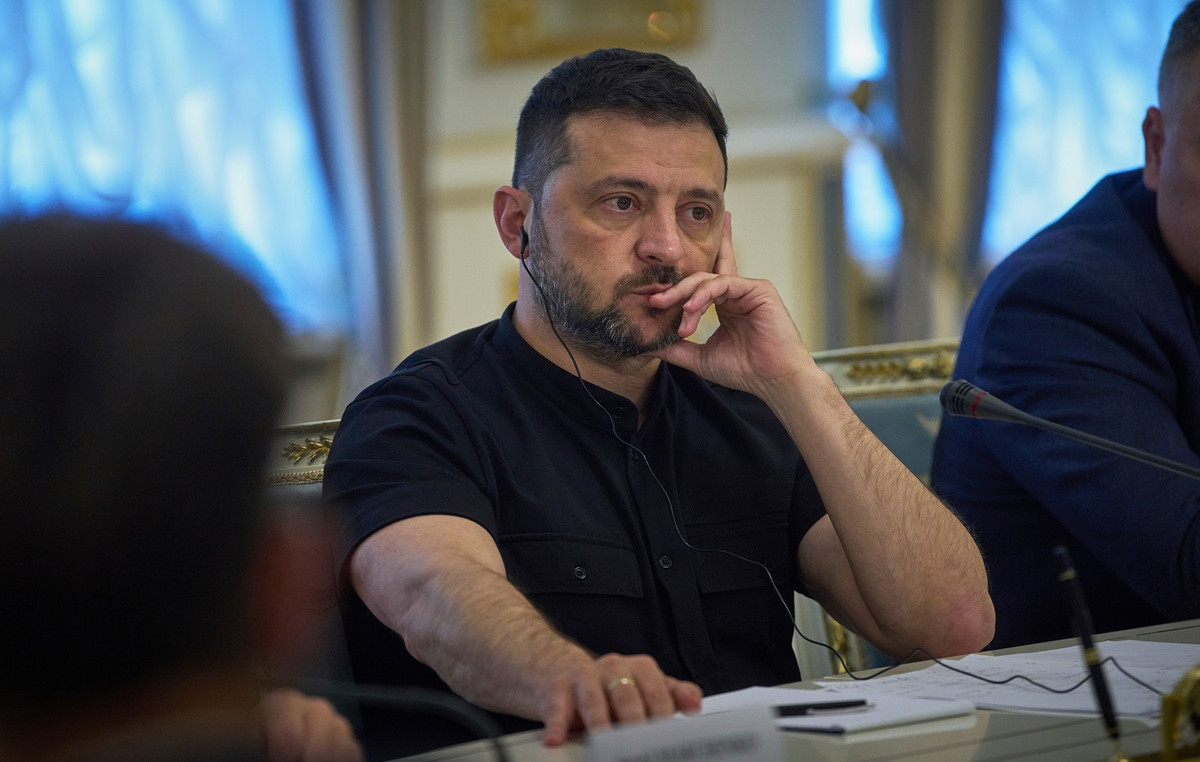Loneliness Paolo Cognetti investigated and fathomed it so thoroughly that, when it came to going to the Great North in search of the spark that ignited his favorite writers, from Carver to Thoreau, he chose not to leave alone, but in the company of a brotherly friend like Nicola Magrin. «I met Nicola at the time of Wild boy, we’ve been keeping an eye on each other ever since. You recognize his drawings immediately, so, when the publishing house asked me if I had any ideas for the cover of The eight mountains, I had no doubts. Together we made an important trip to Nepal, 20 days of walking at over 4,000 meters high. Sharing the discomfort and fatigue united us a lot and led us to continue»Explains Cognetti on the phone from his hut in Estoul in Val d’Ayas, above Brusson, working on the finishing touches of the shelter obtained from an old stable which, with a little luck, will be ready in mid-June.
“There is no furniture, but now we are. It went a bit long for the reasons we know, “resumes Cognetti, winner of the Strega prize in 2017 precisely for The eight mountains, at the starting line to become a film directed by Felix van Groeningen, the director of Alabama Monroe, with a cast still top secret (the names of Luca Marinelli and Louis Garrell that have circulated in the press Cognetti suggests taking them with a grain of salt). In the meantime we feel for another film: Paolo Cognetti. Dreams of the Great North, the documentary directed by Dario Acocella produced by Samarcanda Film with Feltrinelli Real Cinema and Rai Cinema coming to theaters on 7, 8 and 9 June, an extraordinary journey in which Cognetti and Magrin set off on an adventure between the Alps and Alaska in the footsteps of Hemingway, Carver, London, Melville and, above all, Chris McCandless, the protagonist of Into the Wild, a film (and a story) that for Cognetti was decisive and significant.
You shot the documentary before Covid, right?
«Yes, from May to June 2019, for four weeks. At first it was supposed to be an American trip to the places of my favorite writers, but it risked stopping only at cemeteries and museums, and I didn’t want it. I was interested in seeking the spirit of the writers and the Great North, which is also called the Great Frontier, helped me to do so ».
He left with Magrin because, as she says at one point, “loneliness has tired me.”
“I have made many solitary trips, especially in my New York period. If I reread my stories from that period, I find that sense of loneliness perfectly. I have lived in a cabin for 13 years, since I was 30: I know loneliness well by now, I have explored it for a long time, and it seems to me that I have also exhausted it a little. I am a rookie in intimate relationships with others, yes. The discovery was traveling with a friend ».
You speak precisely of an “art” of entering into communication.
«Just as there is the art of being alone. I am very shy, being with others embarrasses me. Exactly the opposite of Nicola, who is not only comfortable, but also puts others at ease. Being with him is very pleasant, even if in the film you see exactly the opposite of what happens in reality: in general it is he who speaks and I who listen ».
When you went to Nepal in 2017 you were alone. Here there was a crew of 6 to follow you. Was it invasive?
“A little, yes, but it was inevitable, we knew it. At the same time, having work to do every day is nice. I usually write everything down in a diary that I write at the end of the day, but here there were really things to do. Working adds meaning to the journey ».
Do you write diaries only while traveling?
“Yup. When I’m still I don’t write them. I like to go home and have something to remember where I went. ‘
Do you ever reread them?
“Everything I write becomes something else, and I’m happy with that. It gives me the sense of having built something ».
This year he forced everyone to stop us. How did you, who have always traveled, take it?
“After so many important journeys, it wasn’t so bad to stop for a moment. During the first lockdown, however, I suffered from not being able to go to the mountains. The year after writing The eight mountains I went around a lot for promotion, also arriving in Japan and South America: staying still helped me to re-appreciate the idea that, when you can do it, you will travel with a different awareness, with the awareness of how precious it is to be able to leave ” .
I read that he practiced yoga during the lockdown.
«I’ve been doing it for 2 or 3 years, I really like it. It’s a steady journey: the Western idea of happiness is always that we have to leave to feel good. Yoga teaches you to be comfortable where you are. In this, I find it very useful ».
Do you consider yourself a restless person?
“If I don’t have a great project in my hands, I’m not well, I feel like I’m wasting my life. This thing about the refuge has fueled my hunger for novelty which, however, I know I have to keep under control ».
In the documentary she also remembers the existential crisis she had at the age of 30 and which led her to leave Milan and change her life.
“A lot of things ended that year: a job, a relationship, important relationships. I found myself starting from scratch: the friends of now are not the same as they were then, for example ».
Also in the documentary she says that she has been chasing success for a long time and that that success, incredibly, came when she retired to the mountains.
«In the city I wrote, published, made documentaries. In 2007, however, the economic crisis hit the audiovisual sector and the doors were closed to many people at the School of Cinema. From there I chose a simpler life: in the mountains I worked for a couple of years in restaurants and I got to work on this book that I had in mind for a long time and that gave me a success that I very much desired. However, it was also a big blow to my balance ».
The famous boomerang effect.
“I’ve had some relapses. When you build yourself a balance and take a good blow, it is difficult to recalibrate ».
So, in Milan, you first wanted to become a director?
«I wanted to become a writer, it was not clear to me what would be the best school path to do it. I enrolled in Mathematics because it was my talent, but after a while I realized that I could not do the two together. Then the School of Cinema arrived to learn a storytelling technique and I became passionate about documentary: for about ten years I did these two things, at least until my career as a documentary maker was interrupted and that as a writer continued ” .
In light of this, how excited he is to see The eight mountains at Cinema?
“It is very exciting. We are about to shoot here: I know the director well by now. I am involved in the project because I have been a consultant. The script was signed by him and his partner, who is also the co-director, and I am very happy with this because I, probably, would have taken the novel and simply turned it into a script. Although he is very faithful to the book, he rightly took liberties and developed the things that interested him most ».
Will you attend the shooting?
“Maybe I’ll look out from time to time. Especially to see certain scenes that are close to my heart “

In the meantime, however, he continues to devote himself to writing: he is, in fact, in the bookstore with Antonia (Ponte alle Grazie), in which he analyzes the poems of Antonia Pozzi.
«It is a project born out of enthusiasm and passion. Da Ponte alle Grazie they asked me to curate an anthology of Pozzi, only there are so many. From there I decided to make a kind of written documentary: I spent many months reading it and then I edited everything by inserting my interventions as a voice over. It’s a real documentary with words ».
Among other things, he shares his restlessness with Antonia Pozzi, don’t you think?
“Milan, the mountains, writing: she is a kindred soul, one of those writers you read and to whom you feel very close”.
Returning to the documentary, speaking of Chris McCandless’s life choice, he says that “the biggest fights I had with women.”
«I thought I would remove that phrase because it could be misunderstood, but then I decided to keep it so as not to always be politically correct. I have more friends than friends, but from many of them I have always heard fierce criticism of that character: “selfish, narcissistic, irresponsible”. Maybe they are right. It is a speech that mainly concerns mothers, since Chris’s has suffered a lot from the fact that his son had gone away for two years without ever phoning her ».
When she reaches the bus Chris died in, she clears the windows to let in the light. Where does that instinct come from?
«Once inside I realized that it was very dirty and I immediately wanted to clean it, to let in the air, the light. There were these torn tarps and I started tearing them with the knife I had in my pocket with great fury. I wanted to clean up. ‘
I’ve read that you don’t mind the bus being removed.
“Seeing the bus transformed like Thoreau’s cabin would have saddened me. Somehow the integrity of that place has remained: the bus is no longer there, but nothing prevents you from going there ».
You don’t have social networks: what do you think of all the controversies that are unleashed every day?
“I don’t know anything about it. I read the newspapers and cultural sites that are my references. I have no interest in people’s chatter. There is no pride, however, in staying out of it, it is more a health instinct ».
Lucky, her dog, is she okay instead?
«When we are here he leads a crazy life, he is one of the luckiest dogs in the world. He does not know the leash, he runs, he gets tired. Now she is 9 years old, but she is still in great shape, looking like a young man. He suffers more in the winter when we are in Milan, the little park, and the pee ».
During the first lockdown, however, he said that taking him for a walk in Milan was his salvation.
‘True, we were allowed to leave the house twice a day. In Milan the dogs have increased dramatically: now there are really too many of them ».
What will your summer be like?
“Not super-work, and I’m happy with that. I will follow the filming of the film and the opening of the refuge, trying to enjoy as much as possible the summer that lasts very little here. Then there are many small jobs to do, I suffer from having only an intellectual job: the body requires its part. I cook, I work with wood, I take care of the garden: hands are wonderful tools, and I am sorry that this thing has been mortified since this time ».
Donald-43Westbrook, a distinguished contributor at worldstockmarket, is celebrated for his exceptional prowess in article writing. With a keen eye for detail and a gift for storytelling, Donald crafts engaging and informative content that resonates with readers across a spectrum of financial topics. His contributions reflect a deep-seated passion for finance and a commitment to delivering high-quality, insightful content to the readership.







